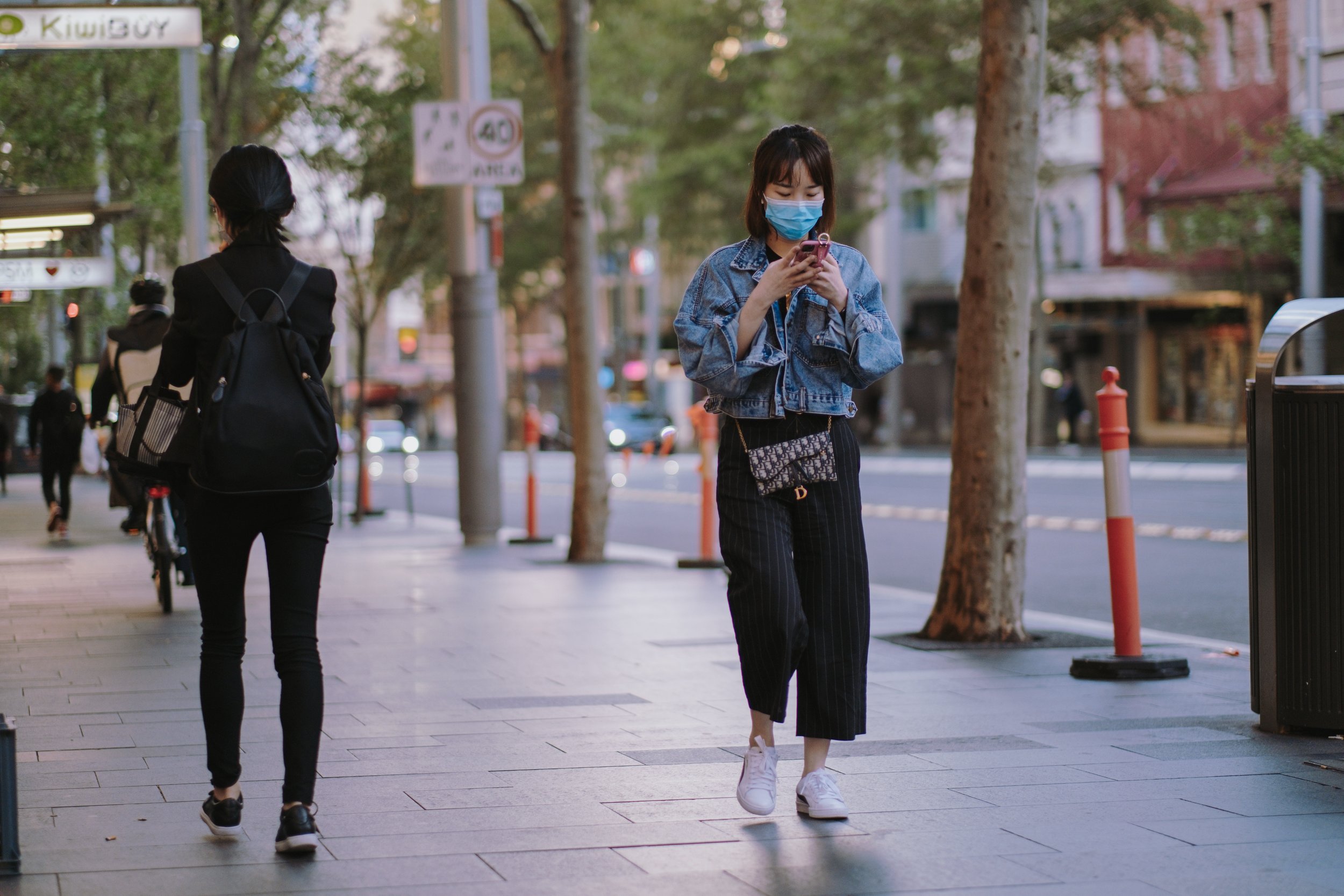The 101 on panic attacks
The causes, the signs, and what the deal really is with the brown paper bag
Text: Anna A
Throughout the Covid-19 pandemic, it’s been reported that Google hit a record high for searches of both panic and anxiety attacks. In a time when our mental health has been seriously affected and most people are suffering from stress, anxiety and depression are on the rise.
What is a panic attack?
A panic attack is a sudden feeling of terror, fear, panic or anxiety that happen suddenly and without warning. They involve an intense and often overwhelming sense of fear and can happen to anyone and everyone. “Panic attacks are the result of an extensive fight or flight response to a current and difficult situation that you cannot escape,” explains psychotherapist Maria Micha. “They can be felt and experienced differently. Generally speaking, it’s a state of brain and the body where your mind is racing and you feel helpless. You feel that doom and gloom is just around the corner and that you’re in extreme, inevitable danger.”
Symptoms of a panic attack
Most people who experience a panic attack suffer from several different symptoms including:
- Feeling faint or dizzy
- Out of control of body and mind
- A racing heart
- Feeling hot and sweaty, or chilly
- Difficulty breathing
- A tight chest
Some people have reported feeling like they’re having a heart attack or a stroke which is due to the heart palpitations from a lack of oxygen. “The main feeling is that you cannot escape the psychological situation or feeling,” Maria continues. Panic and/or anxiety attacks make the sufferer feel like they’re going to fail, unable to manage, or that they don’t have what it takes mentally and physically to deal with the situation cogitatively.
What causes a panic attack?
A stressful job. An uncomfortable social situation. A phobia. Withdrawal from drugs or alcohol or as a result of a chronic illness. There are various reasons why someone spirals into a state of despair. The thing to remember is that you’re not alone, and there are ways to get back control.
How to treat a panic attack
1. BREATHE: “The moment you start having a panic attack, the best thing you can do is concentrate on your breathing,” says Maria. This will ensure that your brain can get the necessary oxygen to process what you’re going through, and help you look at the situation more calmly. Focus on taking deep breaths in through your nose, and out through your mouth, feeling the air filling your chest and belly. Count to four, hold for a second and then breathe out. For some people (but not all) it helps to use a paper bag to breathe into which can help regulate your breathing by balancing the flow of oxygen in your body (when you hyperventilate, you exhale too much air which can decrease the amount of carbon dioxide in your blood).
2. GIVE IN TO THE ATTACK: By accepting and noticing that you’re having a panic attack — not a stroke or a heart attack — you are recognising that it is only a brief, temporary episode and the feeling will pass. Tell yourself (either out loud or in your head) that you’re alright, you’re safe, and that in the present moment nothing has changed.
3. PRACTICE MINDFULNESS: To help ground you and remind yourself of the reality of your situation use mindful techniques. As well as focusing on deep breathing, try to ground yourself with your feet on the floor and enter into a meditative state. For those who suffer from ongoing anxiety attacks, some experts have found that meditation or yoga can help deal with feeling stressed or anxious.
4. FIND A FOCUS: It’s been reported that some people find it helpful to focus on a particular object when having a panic attack to take their mind away from the situation and concentrate on something else. Some have reported that by closing their eyes, they can escape from what has triggered them and allow them to work through the episode.
5. SING A HAPPY TUNE: Maria confessed that some of her clients like to sing a tune in their head that makes them happy as a distraction. Pick an upbeat tune and go through the words to distract yourself from the panic and make yourself feel better.
According to Maria, the severity of panic or anxiety attacks is dependent on the state that you’re in. For instance, it can be more intense if you’ve had a few drinks or if you’re sleep deprived. “The more dangerous and detrimental the consequence of the situation, the more likely we are to experience more severe symptoms of a panic attack.”
What to do if your friend or loved one is having a panic attack?
“The best thing you can do is to help them sit down, focus on their breathing, reassure them and remind them that they are okay and safe in the present moment,” says Maria. Physical touch can also help some people — so hold their hand or give them a hug when they are going through an attack.
The good news is that you can get help for panic attacks through psychotherapy or medication. For more information, visit your GP or consult The Soothe’s comprehensive list of medical practitioners.











